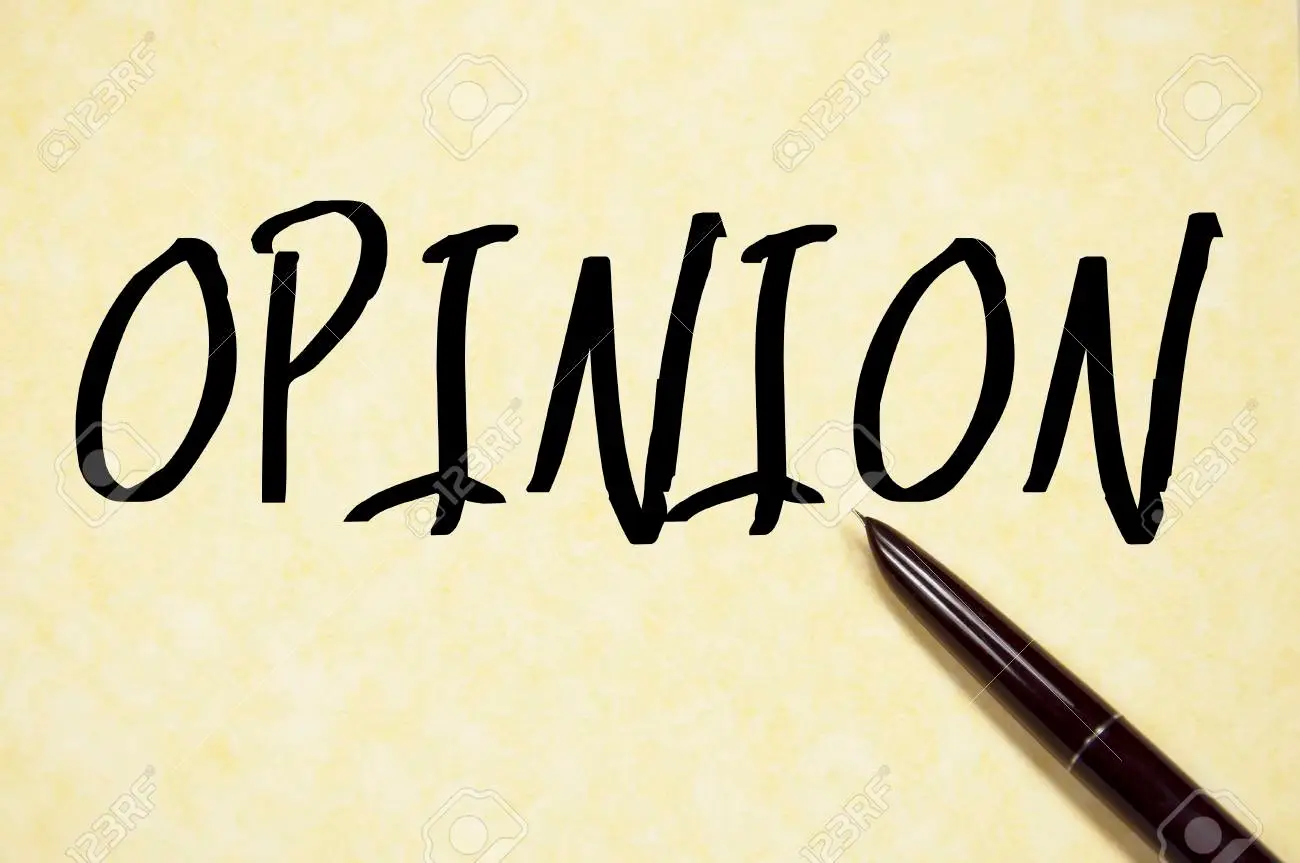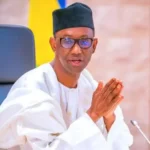By Bolaji Owasanoye
Interaction with the global community is the inevitable reality of modern nation states and indeed societies. It is not a recent phenomenon. It is only more enhanced across all levels of governance and social interaction in the global North and South. More and more activities are controlled by global standards in the wake of enhanced globalisation. The parametres of engagement are however not democratically or equitably designed and do not address the concerns of all state parties in equal measure. It is, therefore, left for each state party to see to its interests within permissible parametres.
The terms of engagement presents opportunities and challenges. Engagement suggests opportunity to negotiate and reject or mitigate inimical clauses and conditions against any negotiating party. Unfortunately, the proliferation of precedents, standard form clauses, capacity inadequacy, poor governance, corruption and other myriad factors continue to disempower global South countries from making the best of negotiations. Often times, it is not clear to them what to negotiate on behalf of the country.
Prior to securing contemporary opportunity to negotiate presumably on fair and equitable terms, nation states were subject to gunboat diplomacy. The term Gunboat Diplomacy comes from 19th Century literature and practice when European powers intimidated less powerful states into granting concessions through a demonstration of superior military capabilities, usually naval power. During negotiations of any kind, European powers would deploy a fleet of ships to the coast of the other party with great psychological impact of possible consequences should negotiations fail. Gunboat diplomacy represents “the use or threat of limited naval force, otherwise than as an act of war, in order to secure advantage or to avert loss, either in the furtherance of an international dispute or else against foreign nationals within the territory or the jurisdiction of their own state.”
Ability to deploy naval power had advantages, therefore nations with capacity strategically established military bases around the world. Gunboat was also used to establish new trade partners, create colonial outposts and expand the empire. Nations without capacity depended on imperialists for raw materials and overseas markets. Gunboat diplomacy was used to collect foreign debts until adoption of the Hague Convention (No 2), Respecting the Limitation of the Employment of Force for the Recovery of Contract Debts of 1907.
Gunboat approach was followed by diplomatic protection whereby state parties exchanged notes on how their nationals, especially investors, were to be treated by other governments. Diplomatic protection meant that governments of investors and other negotiating parties would protest any unfair treatment of their citizens in trade and economic matters. This meant that once agreement was reached on any issue, that agreement must be respected no matter how inequitable it may be to one party. Since it was negotiated, it was binding. Suffice to say that this approach has limitations although it is still by and large applicable in international diplomatic relations despite many of the guiding principles have been incorporated into post-World War 2 international multilateral treaties.
Nigeria requires trade and investment to grow the economy. To attain this desire, we must have the potential to harness capital, technology and know-how in a manner that is not inimical to development. The investor on the other hand requires assurance of security and return on investment in a conducive business environment with ability to repatriate profit. The negotiated agreement is designed to protect the interest and concerns of the parties.
With trade, one of the key challenges is maximising the benefits from trade liberalisation and this is largely dependent on scope and coverage. Each country must select sectors where it can maximise its comparative advantage. This is a function of negotiation. Therefore, negotiators must understand the nitty-gritty of trade negotiation otherwise inimical agreements will lead to illicit financial flows and further capital hemorrhage. The strenuous efforts of Europe to negotiate trade agreements with Africa starting with Yaoundé Agreement to the Lome Agreement to the current Economic Partnership Agreements (EPAs) are based on the potential beneficial impact of trade between nation states. At the global level, the World Trade Organisation (WTO) is the multilateral legal framework and more recently the long awaited African Continental Free Trade Area (AfCFTA) makes improved trade negotiation capacity more compelling for Nigeria the epithet of largest economy notwithstanding. Economic benefits and advantages are not conferred on a platter of gold they must be negotiated, thus negotiators must know what to ask for and what to reject.
Undoubtedly, taxation remains the surest and most dependable source of state revenue upon which development planning can be based with some level of assurance. In this regard, state tax entities must be able to assert authority over business entities operating within their jurisdiction.
Therefore, international legal hurdles erected by global North countries have to be re-negotiated or mitigated to ameliorate the negative consequences of the capital flight occasioned by exploitation of the tax regime by multi nationals.
Concluded on http://www.dailytrust.com
Prof Owasanoye (SAN) is the Chairman of the Independent Corrupt Practices and Other Related Offences Commission (ICPC).




